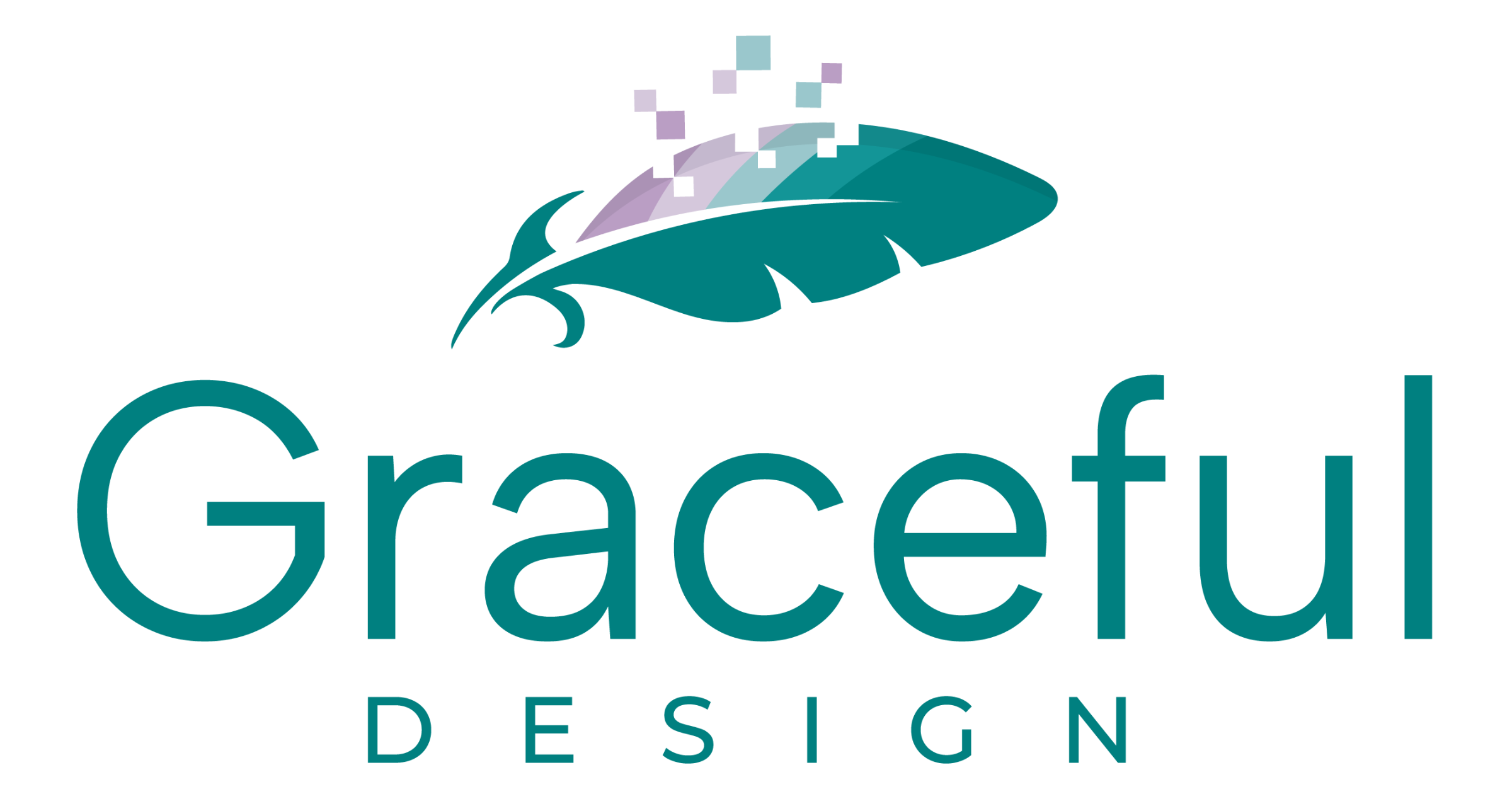Creating a privacy policy for your website is a crucial step in protecting your business and building trust with your customers. With the rise of AI tools like ChatGTP, many business owners are considering using these platforms to draft their privacy policies. While AI can help generate content quickly, there are some important considerations to keep in mind when it comes to legal documents like privacy policies. So, can I use ChatGTP to create a privacy policy for my website? Here’s what I think:
What Is a Privacy Policy and Why Is It Important?
A privacy policy is a legal document that outlines how your website collects, uses, stores, and protects users’ personal information. It is a requirement in many regions and industries, particularly if your website deals with personal data such as names, emails, or payment details. A well-crafted privacy policy ensures transparency and compliance with laws like the GDPR (General Data Protection Regulation) and CCPA (California Consumer Privacy Act).
Not having a proper privacy policy in place can lead to fines, loss of customer trust, and potential legal actions. This is why it’s crucial to ensure that your privacy policy is legally accurate and comprehensive.
Can ChatGTP Help You Create a Privacy Policy?
While AI tools like ChatGTP can be incredibly helpful for generating content quickly, including privacy policies, there are several reasons to be cautious about relying solely on AI for your privacy policy:
- Legal Nuances: Privacy policies are legal documents, and different countries and regions have specific regulations. AI-generated content may not fully capture these nuances or stay updated with constantly changing laws.
- Eg: If your website targets users in the EU, your policy needs to comply with GDPR. AI may not consider the full breadth of GDPR rules or recent amendments, leading to compliance issues.
- Lack of Tailored Content: ChatGTP produces generic content based on prompts. This can result in a one-size-fits-all privacy policy that doesn’t reflect the unique needs of your business. Your privacy policy should be tailored to your website’s specific data handling practices.
- Eg: A business that handles medical data will need a far more detailed policy than a basic e-commerce site, something an AI might not grasp without significant input.
- Legal Ramifications for Using AI: There is a growing debate around the legal ramifications of using AI-generated content for legal documents. While tools like ChatGTP can assist in drafting, they are not legal professionals, and using them might leave you exposed to legal risks. If your AI-generated privacy policy is incomplete or inaccurate, you may face legal consequences down the road.
- Eg. If an AI-written privacy policy fails to mention how user data is shared with third-party vendors, and this leads to a data breach, your business could be held liable.
Actionable Tips for Crafting a Solid Privacy Policy
- Consult with a Legal Professional: Even if you use AI to generate the initial draft, always consult with a legal expert before publishing your privacy policy. A lawyer can ensure that your policy is compliant with all applicable laws and reflects your business practices accurately.
- Use a Designated Privacy Policy Service: I use Termageddon and recommend it to all my clients. This service gets you to answer questions based on your specific business practices to create website policies for your unique business. We embed them into your website and Termageddon handles all the law updates and pushes them out to your policies.
- Stay Updated: Privacy laws are constantly evolving. If you’ve used AI to create your privacy policy, ensure it is regularly updated to reflect any legal changes. This is particularly important if your website operates across different countries or industries with specific regulations.
- Use Clear Language: Whether you use AI or write the policy yourself, ensure it’s written in plain English and is easy to understand. Users should be able to quickly grasp how their data is being handled.
- Eg: Instead of saying “Personal data will be retained for the duration necessary to fulfil our business purposes,” use “We keep your data only as long as needed to provide you with our services.”
AI and Privacy Policies – Use with Caution
While AI tools like ChatGTP can be beneficial for creating content, legal documents like privacy policies require a higher level of accuracy and compliance. AI should not be used as a standalone solution for such important documents. Instead, consider it a helpful aid that can speed up the process, but always seek professional legal advice to ensure your policy meets all regulatory requirements.
If you’re unsure where to start or need help creating a compliant privacy policy for your website, Graceful Design can help. We offer expert website design services and can guide you in crafting the right legal documents for your business. Contact me today for a quote or more information on how I can support your business needs.
